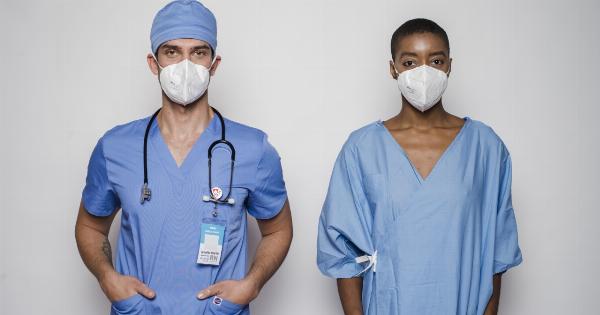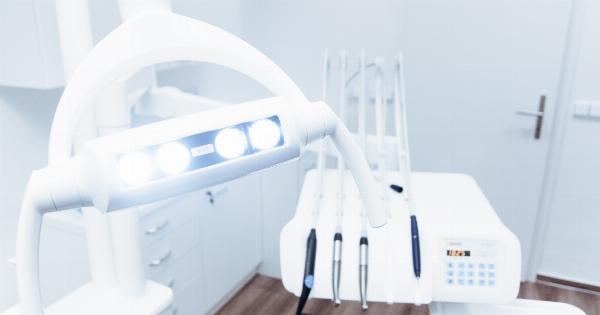Loneliness can have a profound impact on an individual’s physical and mental well-being. It is often associated with a range of health problems, including cardiovascular diseases, depression, and even early mortality.
However, recent studies have suggested that loneliness may also play a role in predicting surgical success. This article explores the link between loneliness and surgical outcomes, shedding light on the potential implications for patients and healthcare professionals alike.
Understanding Loneliness
Loneliness is a subjective experience characterized by feelings of social isolation and a lack of meaningful connections with others.
It is important to differentiate between loneliness and being alone, as individuals can feel lonely even in the presence of others, while others may relish solitude. Loneliness can stem from various factors, such as social isolation, lack of social skills, or the absence of close relationships.
The Impact of Loneliness on Health
Loneliness has long been recognized as a risk factor for various physical and mental health conditions. Research has linked loneliness to increased rates of cardiovascular diseases, high blood pressure, and compromised immune system functioning.
Furthermore, loneliness has been associated with mental health disorders, including depression, anxiety, and cognitive decline.
Loneliness can also have detrimental effects on healthcare utilization. Studies have found that lonely individuals are more likely to visit emergency departments and healthcare providers, indicating higher healthcare costs.
Moreover, lonely individuals may experience delays in seeking medical care, leading to more advanced stages of diseases and poorer health outcomes.
Loneliness and Surgical Outcomes
The association between loneliness and surgical success is an emerging area of research, and the findings are quite intriguing.
Recent studies have begun exploring whether patient loneliness prior to surgery can predict postoperative outcomes and complications.
A study published in the Journal of the American College of Surgeons in 2018 examined the relationship between loneliness and surgical complications in a group of 523 patients undergoing major elective surgery.
The study found that higher levels of loneliness were associated with a significantly increased risk of complications within 30 days after surgery. These complications included surgical site infections, pneumonia, and prolonged hospital stays.
The researchers also noted that loneliness was an independent predictor of surgical complications, even after accounting for other factors such as age, sex, and pre-existing medical conditions.
Another study published in JAMA Surgery in 2020 investigated the impact of loneliness on surgical outcomes among 1,350 patients undergoing various surgical procedures.
The results revealed that lonely individuals were more likely to experience postoperative complications, including wound infections, urinary tract infections, and pulmonary embolisms. The study also suggested that loneliness was associated with longer hospital stays and higher healthcare costs.
Possible Mechanisms
The exact mechanisms underlying the relationship between loneliness and surgical outcomes are not yet fully understood. However, several hypotheses have been proposed.
One possibility is that lonely individuals may have a compromised immune system, leading to a reduced ability to fight off infections and impairing the healing process. Chronic loneliness has also been associated with increased levels of inflammation in the body, which can contribute to surgical complications and delayed wound healing.
Furthermore, loneliness may affect patients’ adherence to postoperative care instructions.
Loneliness can lead to feelings of apathy, lack of motivation, and reduced self-care, all of which can interfere with proper wound care, medication adherence, and follow-up appointments. Additionally, lonely individuals may lack the necessary support systems to assist them during the recovery period, potentially leading to suboptimal postoperative care.
Implications for Healthcare
The emerging evidence linking loneliness and surgical outcomes carries important implications for healthcare professionals.
Identifying patients who may be experiencing loneliness prior to surgery could help in developing targeted interventions to mitigate the risk of complications and improve surgical success. Screening tools could be incorporated into preoperative assessments to assess patients’ loneliness levels, allowing healthcare providers to tailor their care accordingly.
Incorporating approaches to reduce loneliness in the surgical setting may lead to better postoperative outcomes.
Interventions such as providing social support networks, fostering relationships among patients, and connecting them with community resources and support groups could help combat loneliness. Additionally, educating healthcare professionals about the impacts of loneliness on surgical recovery could enhance patient-centered care and facilitate early intervention.
Conclusion
Loneliness has long been recognized as a risk factor for various adverse health outcomes. Recent studies have shed light on the potential role of loneliness in predicting surgical success.
Loneliness appears to be associated with an increased risk of surgical complications and poorer postoperative outcomes. Healthcare providers should consider incorporating loneliness assessments into preoperative evaluations and implementing interventions to address this risk factor.
By addressing loneliness, healthcare professionals can potentially improve patient outcomes and enhance the overall surgical experience.






























